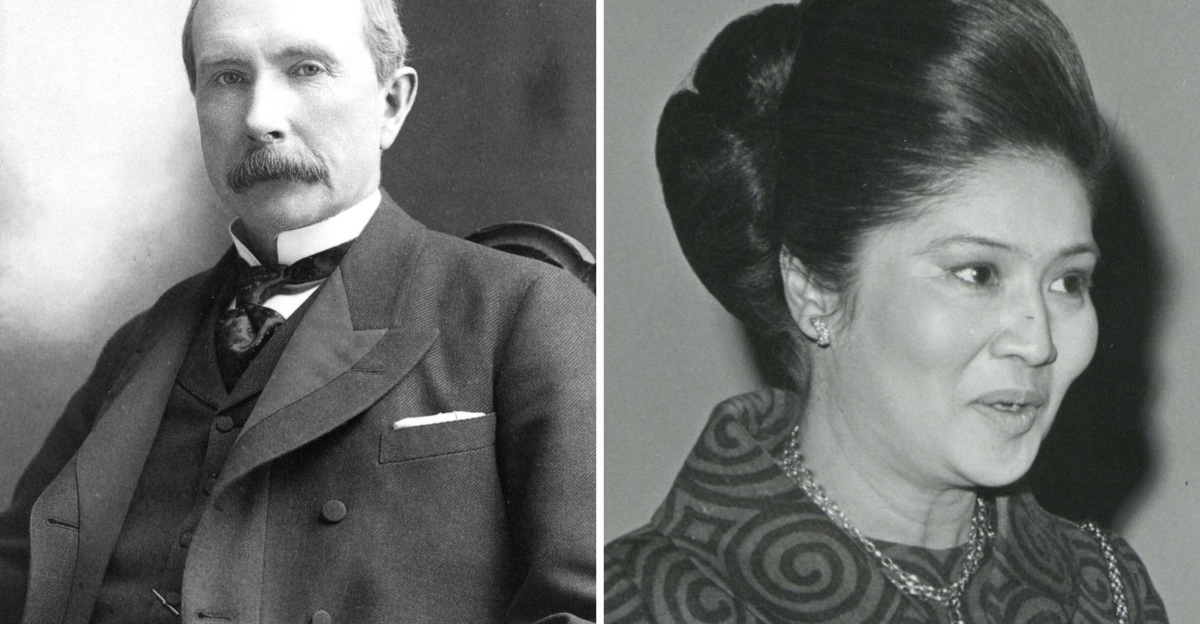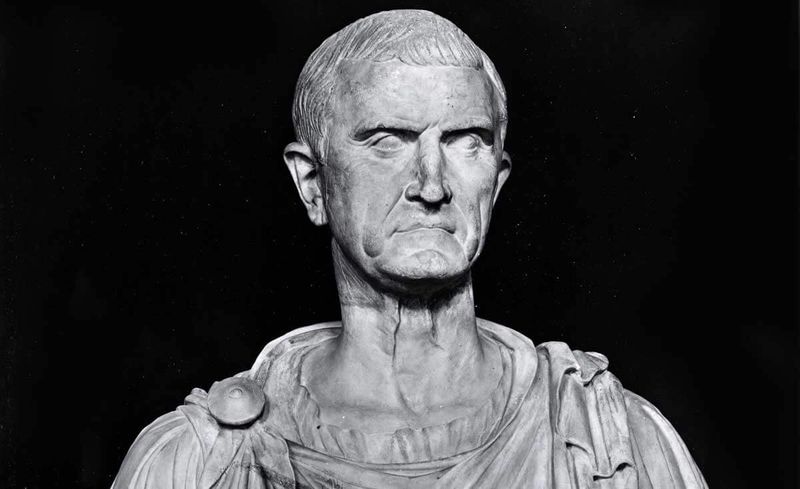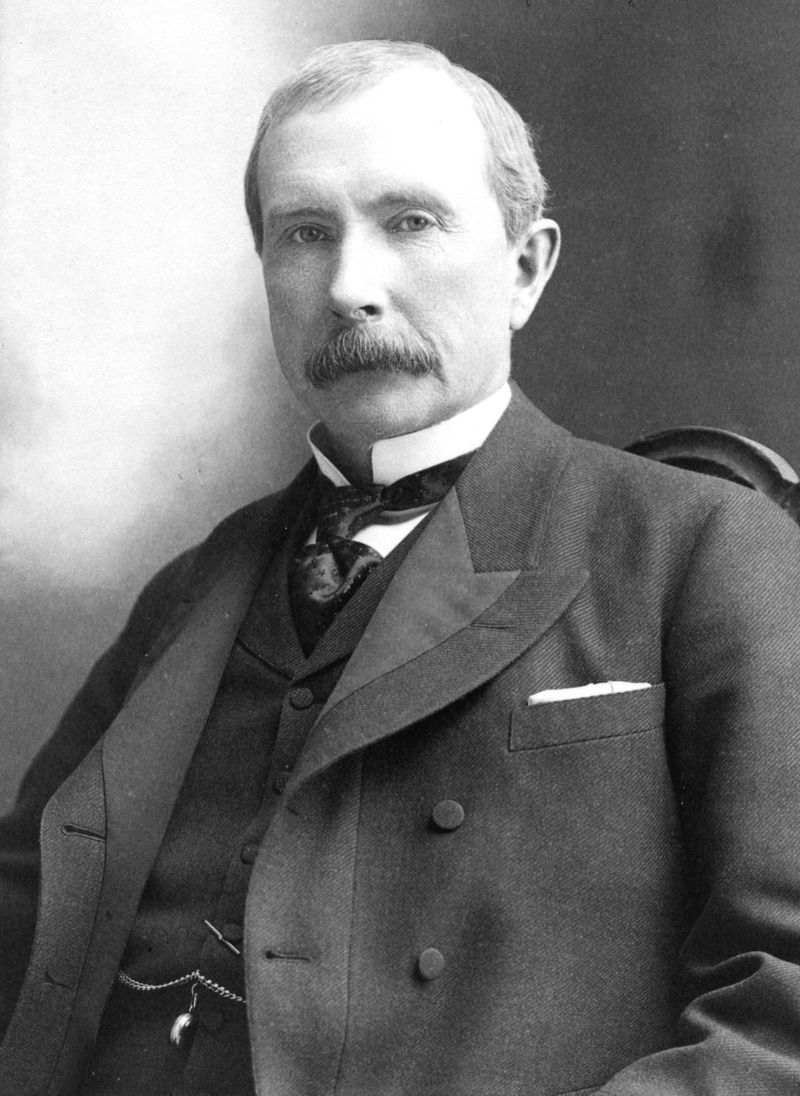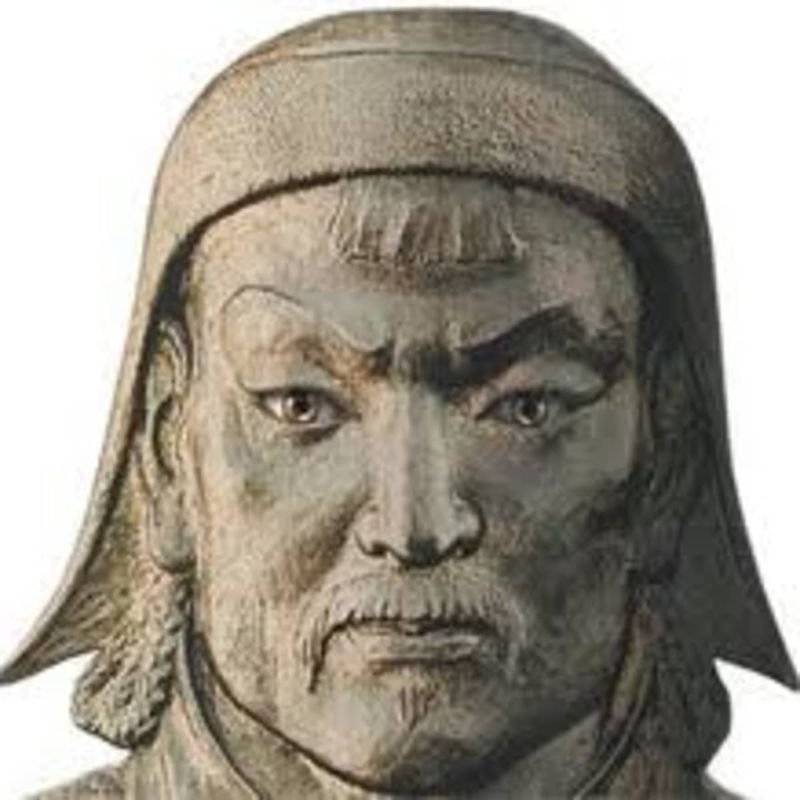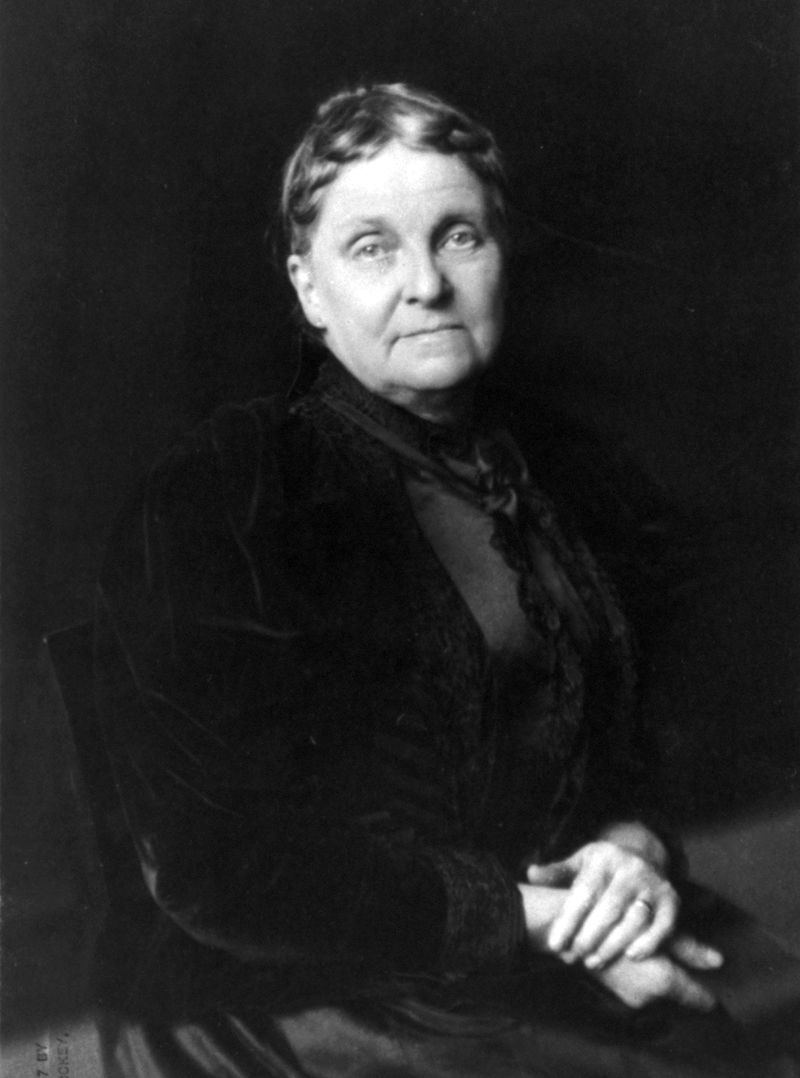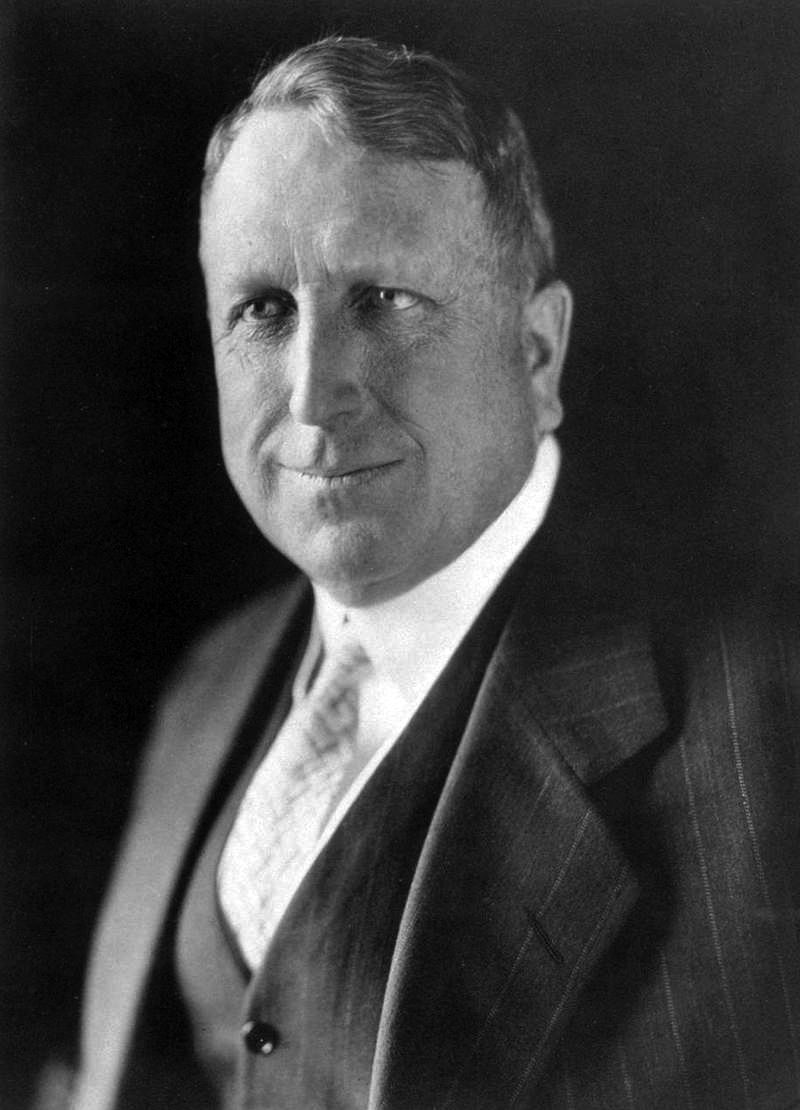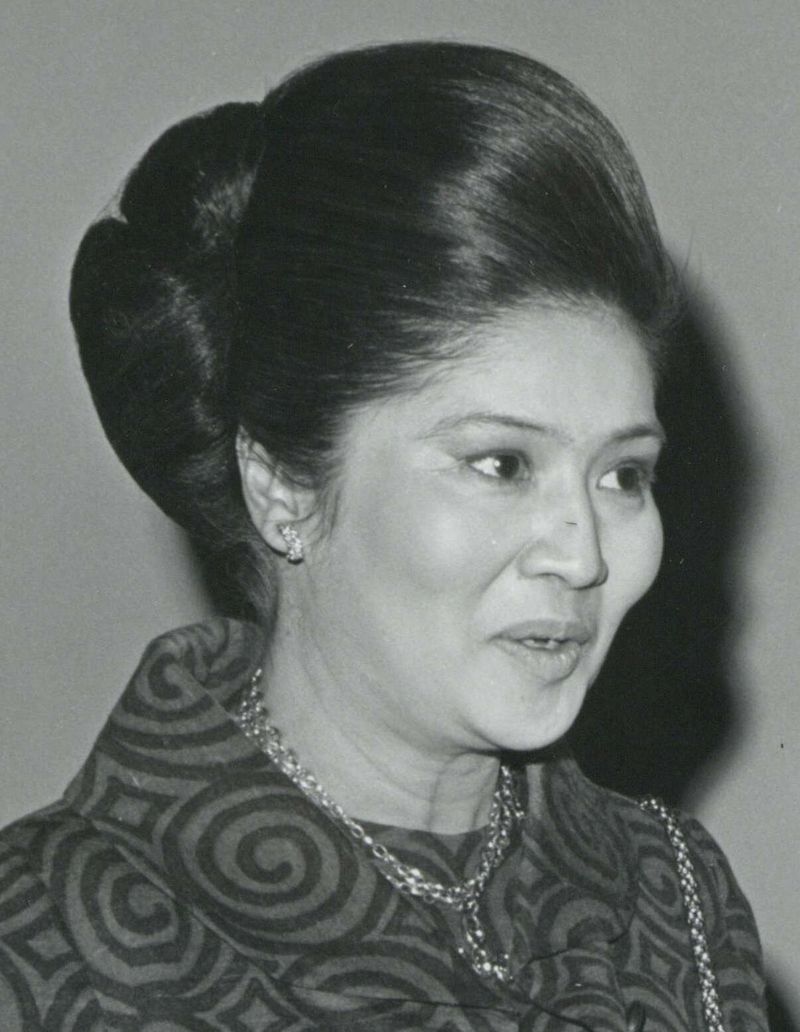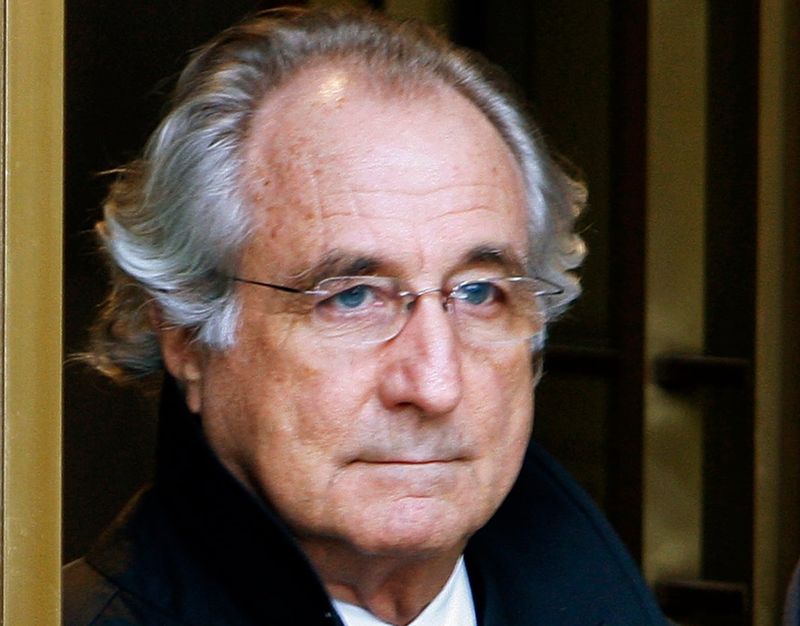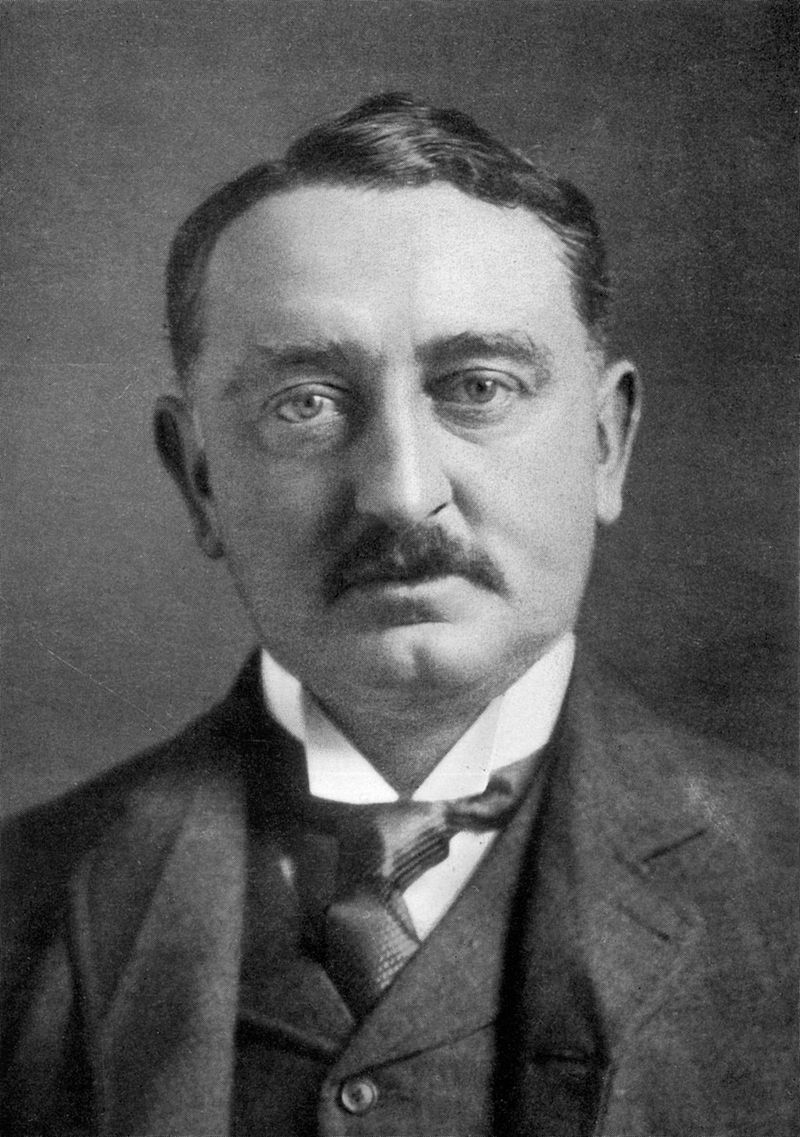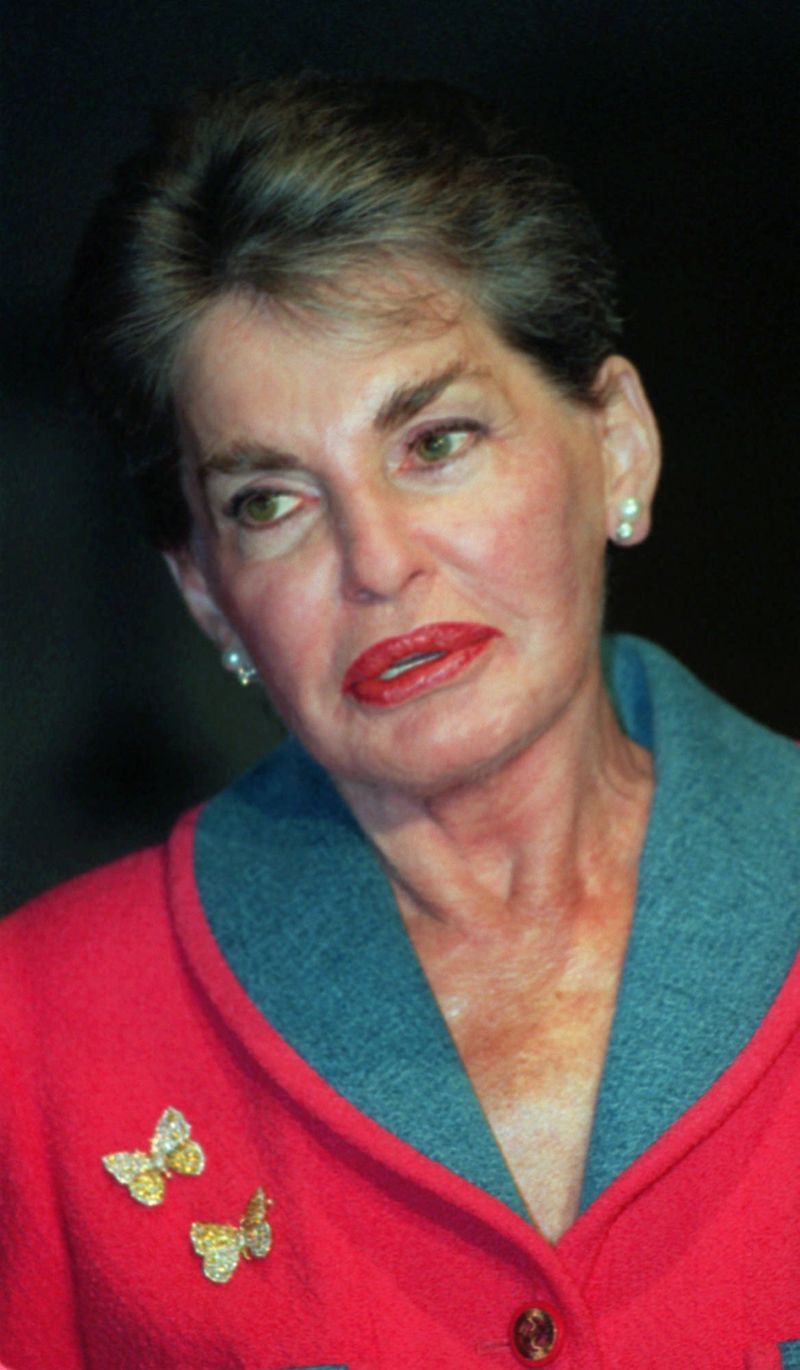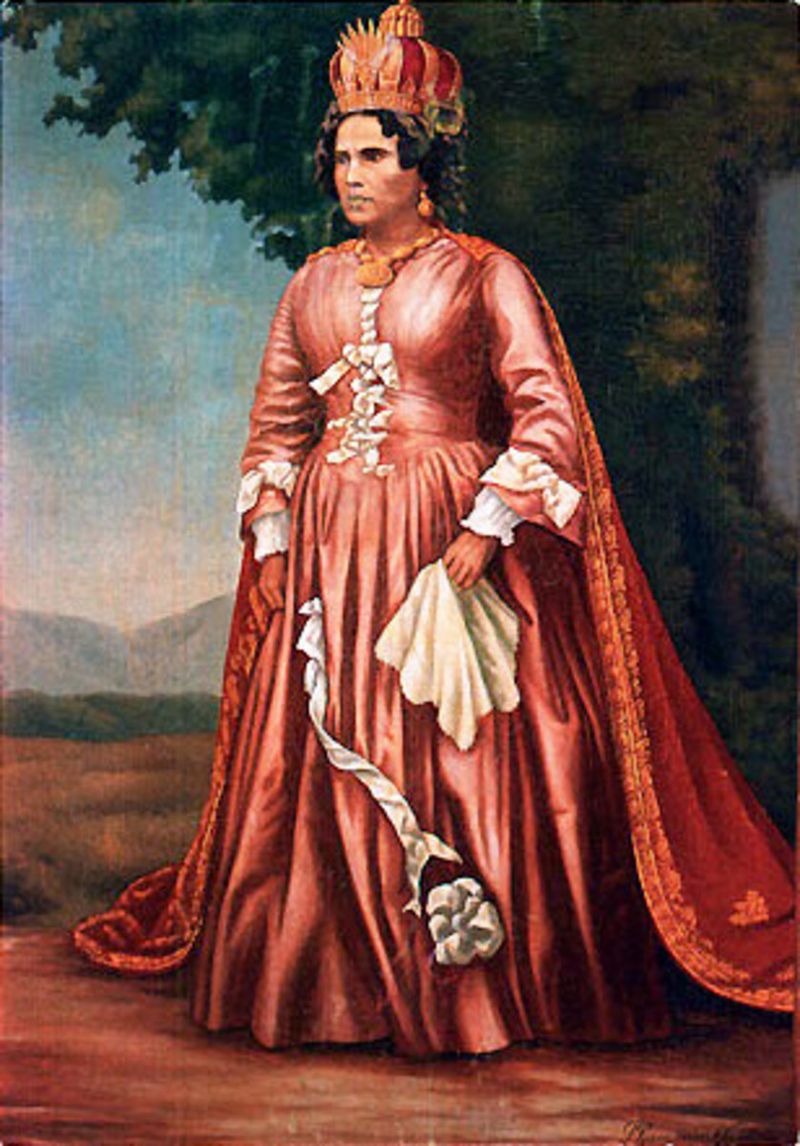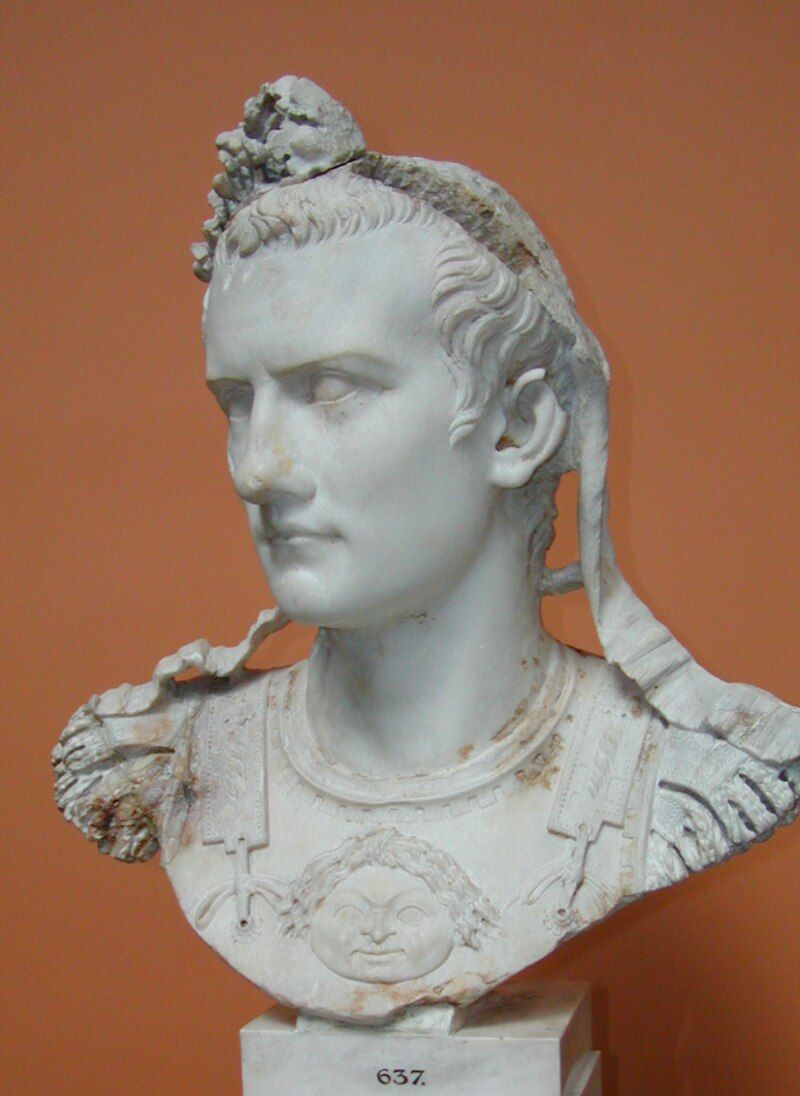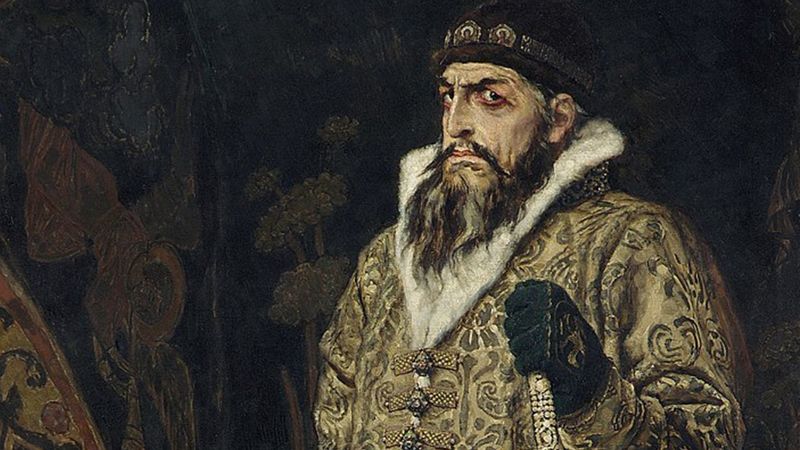Throughout history, greed has driven individuals to amass wealth and power, often at the expense of others. Whether fueled by insatiable ambition or ruthless opportunism, these figures stand out for their notorious greed. In this exploration, we delve into the lives of thirteen such individuals whose actions left a significant mark on history, shaping their legacies as cautionary tales of avarice.
Marcus Licinius Crassus
Marcus Licinius Crassus was a Roman general and politician known for his immense wealth and insatiable greed. He amassed his fortune through dubious means, including buying properties of those proscribed by Sulla and exploiting the slave trade.
Despite his wealth, Crassus sought even more power and prestige, leading him to form the First Triumvirate with Julius Caesar and Pompey.
His greed eventually led to his downfall during the ill-fated campaign against the Parthians, where he sought military glory but met a tragic end, underscoring his lifelong pursuit of wealth and recognition.
John D. Rockefeller
John D. Rockefeller was an American industrialist who became the richest man in modern history through the establishment of Standard Oil. His relentless pursuit of wealth led to monopolistic practices that crushed competitors and controlled the oil industry.
Rockefeller’s business tactics were often criticized as ruthless, employing aggressive strategies to maintain his market dominance.
Despite his notorious greed, Rockefeller later engaged in extensive philanthropy, donating large sums to education and medical research. However, his legacy is often overshadowed by the cutthroat methods he used to build his oil empire, reflecting the complexities of ambition.
Genghis Khan
Genghis Khan, the founder of the Mongol Empire, was known for his insatiable appetite for conquest and power. His campaigns across Asia and Europe were driven by a desire to expand his empire and accumulate wealth.
Under his leadership, the Mongol Empire became the largest contiguous land empire in history, characterized by ruthless tactics and immense plunder.
Although feared as a conqueror, Genghis Khan established trade routes and encouraged cultural exchanges, illustrating a complex legacy marked by both devastation and development, driven by an unyielding pursuit of domination and riches.
Hetty Green
Hetty Green, known as the “Witch of Wall Street,” was one of the wealthiest women of her time. Her frugality and aggressive investment strategies earned her a reputation for greed and shrewdness.
Green amassed a vast fortune through real estate and railroads, often lending money at high interest rates. Her financial decisions were marked by extreme thrift and an unyielding focus on profit.
Despite her wealth, Green lived a notoriously austere lifestyle, and her legacy remains a testament to her relentless pursuit of financial gain, often at the expense of personal comfort and relationships.
William Randolph Hearst
William Randolph Hearst was an influential American newspaper magnate known for his media empire and sensationalist journalism. His greed for power and influence led to the creation of a vast network of newspapers.
Hearst’s approach to journalism emphasized sensationalism, often prioritizing profit over accuracy. His empire expanded into magazines, radio, and film, reflecting his insatiable ambition.
While his contributions to media are undeniable, Hearst’s legacy is marked by a relentless quest for control and wealth, influencing public opinion and showcasing the impact of media moguls on society, driven by personal ambition.
Imelda Marcos
Imelda Marcos, the former First Lady of the Philippines, became infamous for her extravagant lifestyle and accumulation of wealth. Her collection of shoes and lavish spending symbolized her greed.
Marcos wielded significant influence during her husband’s regime, using her position to amass personal fortune and power. Her opulent lifestyle was funded by embezzled public funds and corruption.
Despite her notoriety, Marcos maintained a charismatic public image, remaining a controversial figure in Philippine politics. Her story highlights the intersection of power, luxury, and the consequences of unchecked greed on national resources.
Bernie Madoff
Bernie Madoff was an American financier who orchestrated the largest Ponzi scheme in history, defrauding thousands of investors of billions of dollars. His greed and deception shattered lives and financial institutions.
Madoff’s reputation as a trusted financier concealed his fraudulent operations for decades. The exposure of his scheme highlighted the vulnerabilities within the financial system.
Despite his downfall, Madoff’s story serves as a cautionary tale of unchecked ambition and greed in the financial world. His actions left a lasting impact on investors and regulators, emphasizing the need for vigilance against fraud.
Cecil Rhodes
Cecil Rhodes was a British imperialist known for his exploitation of African resources and people. His insatiable greed fueled colonial expansion in southern Africa, leading to the establishment of Rhodesia.
Rhodes’ pursuit of wealth was driven by diamond mining, which he monopolized through De Beers. His imperial ambitions were matched by his ruthless business tactics.
Despite his controversial legacy, Rhodes left behind educational endowments like the Rhodes Scholarship. His story remains a complex tapestry of ambition, exploitation, and philanthropic endeavors, reflecting the darker aspects of colonialism driven by greed.
Leona Helmsley
Leona Helmsley, dubbed the “Queen of Mean,” was an American businesswoman known for her opulent lifestyle and notorious greed. Her harsh management style and tax evasion convictions marked her career.
Helmsley’s empire included luxury hotels and real estate, where she demanded perfection and loyalty from her employees, often through fear.
Her downfall came with her conviction for tax evasion, exposing her lavish spending and disdain for the law. Helmsley’s story is a testament to the consequences of greed and the importance of integrity in business leadership.
Queen Ranavalona I of Madagascar
Queen Ranavalona I ruled Madagascar with an iron fist from 1828 to 1861. Her greed for power and wealth was evident in her harsh policies and isolationist stance.
Ranavalona’s regime was marked by forced labor and heavy taxation, which enriched her court but impoverished her subjects. Her ruthless approach to governance ensured her control over Madagascar, but at a significant cost to her people.
Despite her reputation for cruelty, she maintained power for over three decades, leaving a legacy of greed and tyranny that still resonates in Madagascar’s history.
Caligula
Caligula, the Roman Emperor, is infamous for his tyrannical and extravagant reign, driven by greed and madness. His rule was marked by excessive spending and cruel demands.
Caligula’s desire for wealth led to heavy taxation and confiscation of property, causing public unrest. His erratic behavior and lavish projects drained the empire’s resources.
Despite his short reign, Caligula’s legacy is a cautionary tale of unchecked power and indulgence. His story serves as a reminder of the dangers of absolute authority and the destructive potential of greed.
Ivan the Terrible
Ivan the Terrible, the first Tsar of Russia, was known for his ruthless rule and insatiable greed for control. His reign was marked by violent purges and the expansion of Russian territory.
Ivan’s quest for power led to the creation of the Oprichnina, a secret police force that enforced his will through terror. His greed extended to land and authority.
Despite his contributions to Russian statehood, Ivan’s legacy is marred by his violent methods and paranoia. His story underscores the perils of unchecked ambition and the complexities of leadership in history.
Ludovico Sforza
Ludovico Sforza, Duke of Milan, was known for his patronage of the arts and his political machinations. His greed for power and influence often overshadowed his cultural contributions.
Under Sforza’s rule, Milan became a center of Renaissance culture, yet his desire for dominance led to alliances and betrayals in Italian politics.
His downfall came with the French invasion, driven by his ambitions and miscalculations. Sforza’s legacy reflects the dual nature of greed, where the pursuit of power can both elevate and destroy, highlighting the intricate dance between art and ambition.
